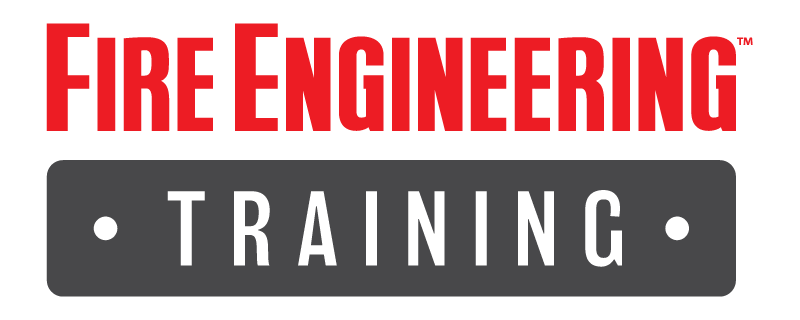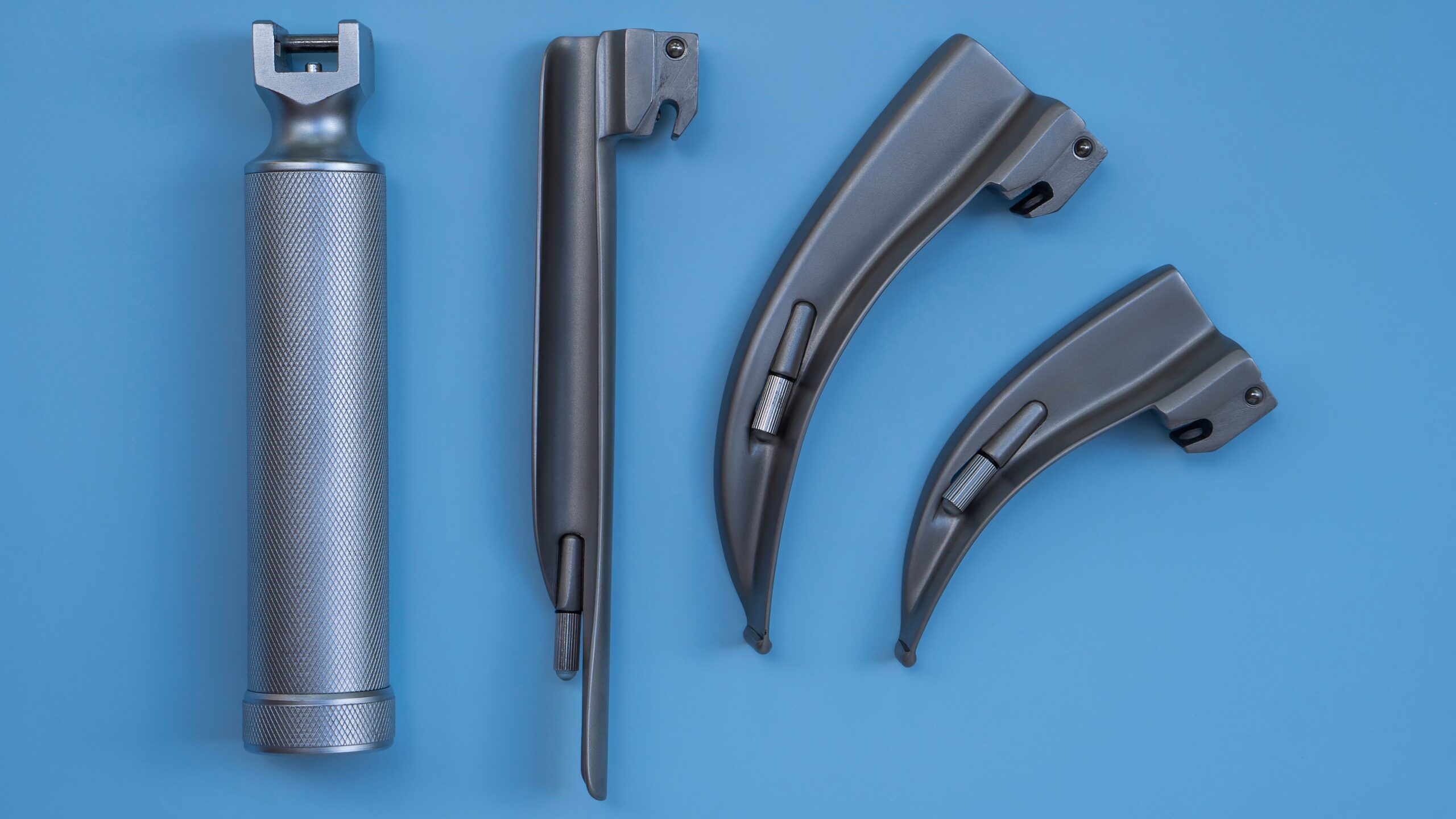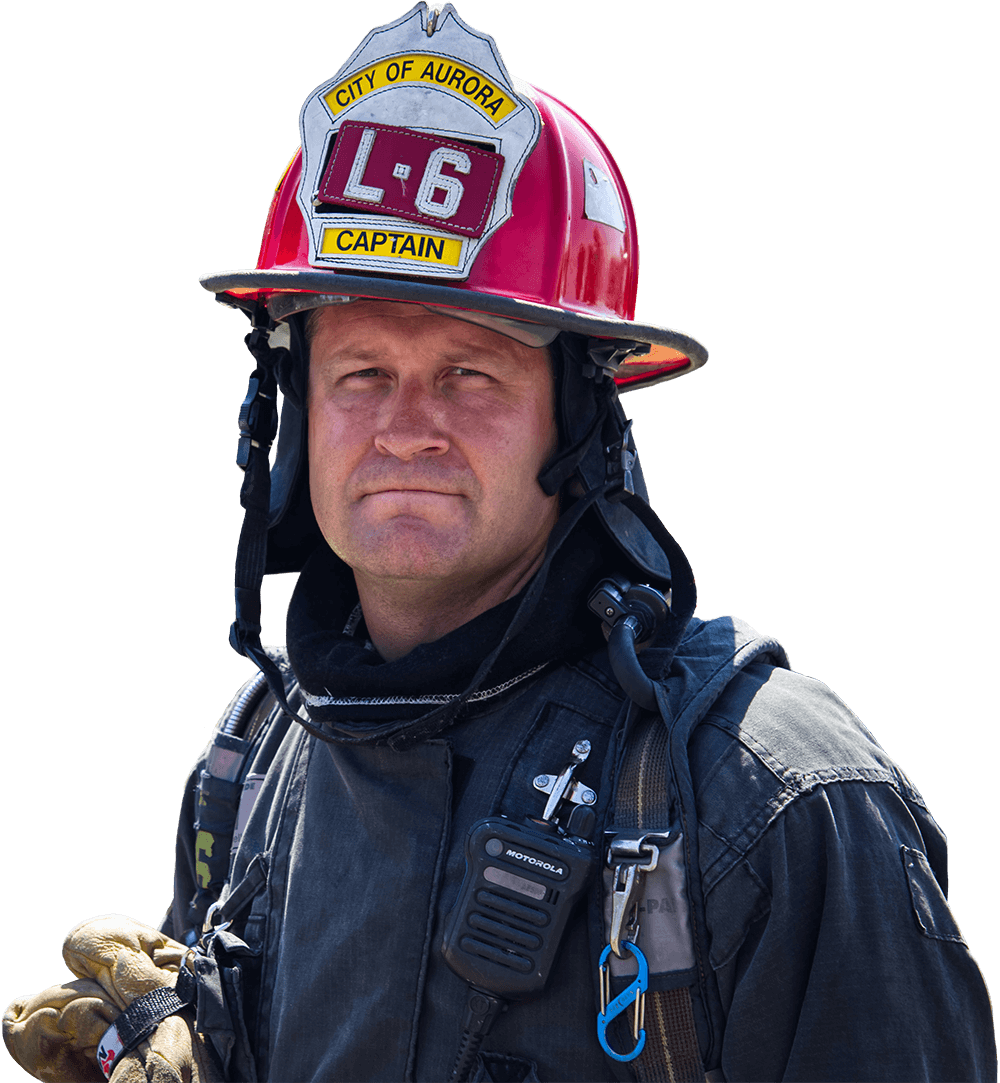Responding to calls from patients who require accurate pulse oximetry readings can happen often. It’s important to be prepared to do so and understand different aspects of pulse oximetry. For example, reasons you may get an erroneous reading and different parts of the body to use to get a reading from. In this course, we will review these topics and more to create a list of ten things EMS providers should know about pulse oximetry.
Course Type: Full-length Course
Course Duration: 60 min
Many studies have been done comparing the results of different methods to use when responding to patients suffering from cardiac arrest and the best techniques to use for the highest rate of survival. Throughout this course, some of those studies will be compared to show the results and which techniques were found to be most successful in patient survival.
Course Type: Full-length Course
Course Duration: 60 min
About 1 in 12 people in the United States have asthma, contributing to frequent calls to dispatch EMS for shortness of breath. In this course, we will learn about the best response strategies for handling shortness of breath and asthma emergency calls. We'll review how to assess patients and distinguish between asthmatic patients and other respiratory issues. We'll review the pathophysiology of asthma. We'll also go into more detail about management options for asthma, as there are several different treatment options depending on the severity of the patient's condition.
Course Type: Full-length Course
Course Duration: 60 min
About 1 in 12 people in the United States have asthma, contributing to frequent calls to dispatch EMS for shortness of breath. In this course, we will learn about the best response strategies for handling shortness of breath and asthma emergency calls. We'll review how to assess patients and distinguish between asthmatic patients and other respiratory issues. We'll review the pathophysiology of asthma. We'll also go into more detail about management options for asthma, as there are several different treatment options depending on the severity of the patient's condition.
Course Type: Full-length Course
Course Duration: 60 min
For decades, rapid sequence intubation (RSI) has been the most-used intervention for select respiratory care, ...
Course Type: Full-length Course
Course Duration: 60
Confirming tube placement can be difficult if you don’t know what signs to look for. Using a capnography machine is one way to confirm tube placement and ensure you provide the right patient care. In this course, we will review the makeup of the lungs, how gases are exchanged, and the importance of monitoring waveforms to confirm the tube remains in the right position and the patient is not under or over-ventilated.
Course Type: Full-length Course
Course Duration: 60 min
Continuous Positive Airway Pressure or CPAP is a BLS and ALS tools that can save lives, reduce hospitalization times, and provide better patient management in the field. This presentation provides a history of CPAP, overview of patient selection criteria, standards of care, assessment, application of CPAP in the field and transition of care to the Emergency Department. Disposable CPAP devices and use of capnography with the application and titration of CPAP promise to increase utilization and improve patient outcomes.
Course Type: Full-length Course
Course Duration: 60 min
The pathway to mitigation of a true “can’t intubate, can’t oxygenate” situation is very direct—a cricothyrotomy. ...
Course Type: Full-length Course
Course Duration: 60
In the pre-hospital setting, providers need all tools at their disposal to ensure patient care. One of these tools that can be of great benefit is a mechanical ventilator. We will review the benefits of a mechanical ventilator versus manual resuscitative devices, how to choose the right machine for your department, and how to prevent lung injury, morbidity, and mortality typically caused by bag valve mask ventilation.
Course Type: Full-length Course
Course Duration: 60 min
When treating pediatric patients, certain factors must be considered. First, understand that pediatric airway anatomy and physiology differ from those of adult patients, whom you are more likely to treat. With this in mind, there are also pediatric-specific tools and equipment that you will use to treat these juvenile patients. The causes of their respiratory distress or failure can also differ from those of adults, and therefore, your assessments will need to focus on specifics, identifying causation or factors that exacerbate the symptoms.
Course Type: Full-length Course
Course Duration: 60 min
Airway management and ventilation are some of the most important yet challenging situations faced by EMS. What is ...
Course Type: Full-length Course
Course Duration: 60
This course will discuss considerations for utilizing non-invasive ventilation such as CPAP, BiPAP, and nasal capnography in the pre-hospital environment.
Course Type: Full-length Course
Course Duration: 60 min




